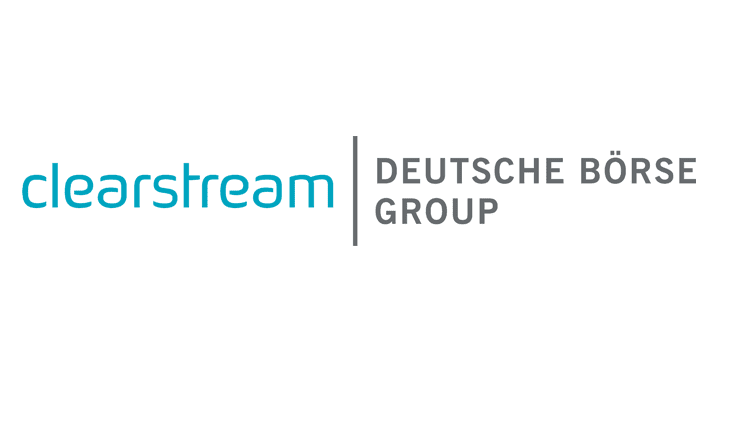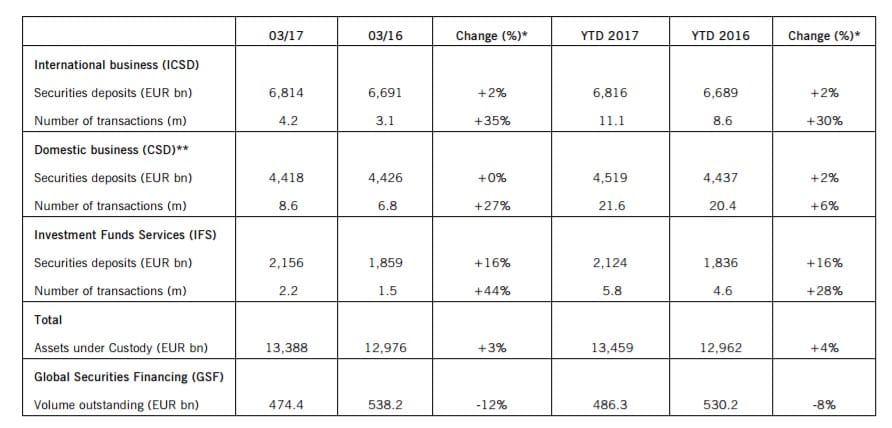The European Central Bank’s (ECB) decision to stick to its bond buying program despite strong EU-wide economic growth has damped hopes in the market that interest rates will rise any time soon. This loose monetary policy can be felt in the real economy and has effects that reach into the post-trade business as well.

Philippe Seyll
Quantitative Easing has major implications for the securities finance industry, in particular when it comes to capital requirements and risk management”, says Philippe Seyll, Co-CEO at Clearstream Banking S.A., when announcing Clearstream’s monthly figures.
Over the past years, by withdrawing government securities from the market, the ECB’s quantitative easing program has reduced the volume of high quality (HQLA) securities available to borrow in the market. This makes it difficult for market participants to get the collateral they need in order to fulfil regulatory requirements and manage risk effectively.
The collateral scarcity left the European repo market dry, while on the other hand an increasing demand for borrowing HQLA can be observed. The need for liquidity becomes particularly urgent during key reporting periods towards the end of the quarter or year respectively.
Financial services providers like Clearstream can help to provide the market with the much needed collateral.
With services such as our Securities Lending offering, we are addressing the pressing customer demand for high quality securities”, says Seyll. “As part of our Global Liquidity Hub, securities lending has become an attractive tool for central banks to increase liquidity in capital markets in particular under the quantitative easing program.

